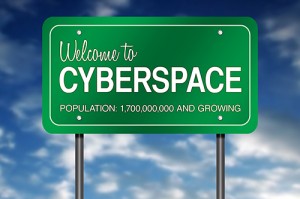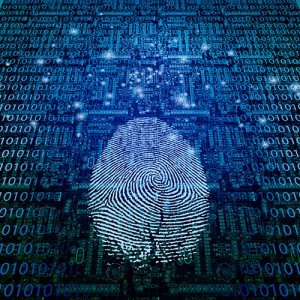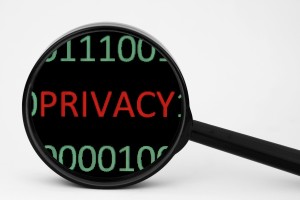 Today’s post is written by Charles Gilman, a current student of the AIM Program. We asked Charles to share his thoughts on his experience with information management.
Today’s post is written by Charles Gilman, a current student of the AIM Program. We asked Charles to share his thoughts on his experience with information management.
When I joined the Air Force in 1995, we had two computers in our office— one for our boss and the other to be shared by the rest of us. The shared computer had two main functions: (1) it had MS DOS software which allowed us to record the results of our inspections and download them weekly onto a floppy disk that was sent to a repository each month; (2) it held our medical intelligence (med intel) information which we received from a paramilitary contractor (an expensive one, at that).
The med intel arrived each quarter in a large envelope or a box, if it was a big update. The package contained a disk to upload into the computer and three-hole-punched sheets of paper, including an errata sheet, telling us which pages in these giant binders need to be replaced. You see, for decades, we maintained all med intel in binders under double lock and key. In our office, we secured these binders in the boss’s office in a large, bright red metal footlocker with a white cross on it, and only our boss had the key. This information was classified “secret” so any of us who had to work with the med intel had to have a security clearance. In reality, because the med intel came from the CIA and other assets on the ground, by the time it had been vetted, processed, printed, and sent out to update us, it was months, if not years out of date.
When we connected to the Internet in 1997, it didn’t take long to realize just how obsolete this entire process was. Being able to plug directly into the CIA’s World Factbook, I found it had far more information than what had been contained in our binders. Plus, the information was/is free and updated regularly, so I suggested we stop wasting money on the contractor’s product and use what was already available.
I cannot describe the skepticism towards the Internet in those early days. The absolute resistance to trust computers, much less the Internet, was incredibly intense because so many viewed the Internet as a fad—a toy which was simply a waste of time. Those who were resistant to change argued their case and would rather continue paying thousands of taxpayer dollars per year for out-of-date information (which really wasn’t very exciting anyway—most of the “intel” just listed flora and fauna which had been present for a very long time), instead of using what was available free of charge. I had to print out pages of the Factbook to compare to what we had in our binders to demonstrate how much more information was available.
Back then, I never would have predicted what happened next—our boss loved the change, but she required me to print out those pages to update our binder. I actually wasted several days burning through reams of paper to create our own Factbook (a printed product that could have been ordered from the CIA), before my direct supervisor discovered what I had been doing and brought this insanity to a halt.
Thankfully, we’re far more trusting of computers and electronic information today; although, working for a state agency, I continue to see remnants of that past. We still have staff who print out electronically submitted forms and employees who, rather than e-mailing information, send it by mail and pick up the phone to call and notify the recipient to expect a letter. Electronic security is still a concern, but the sooner we fully buy into electronic media, the sooner we will make greater strides toward sustainability.





